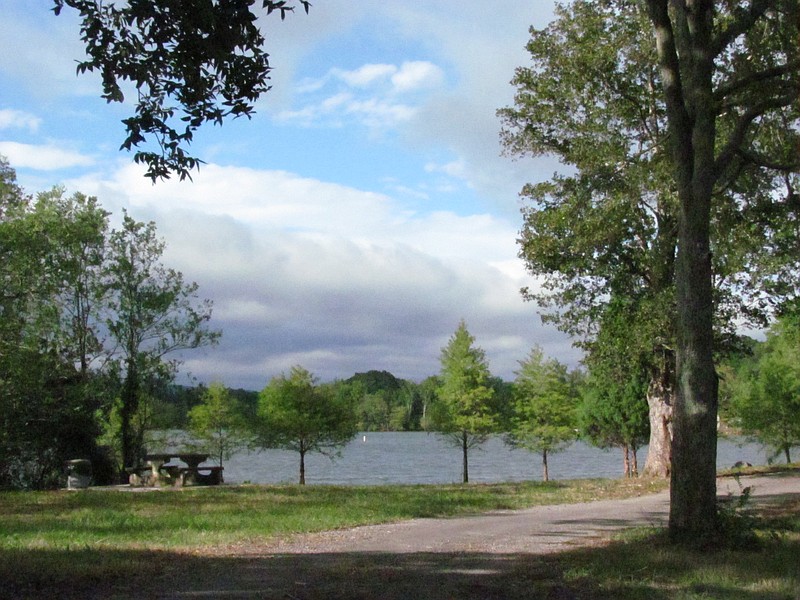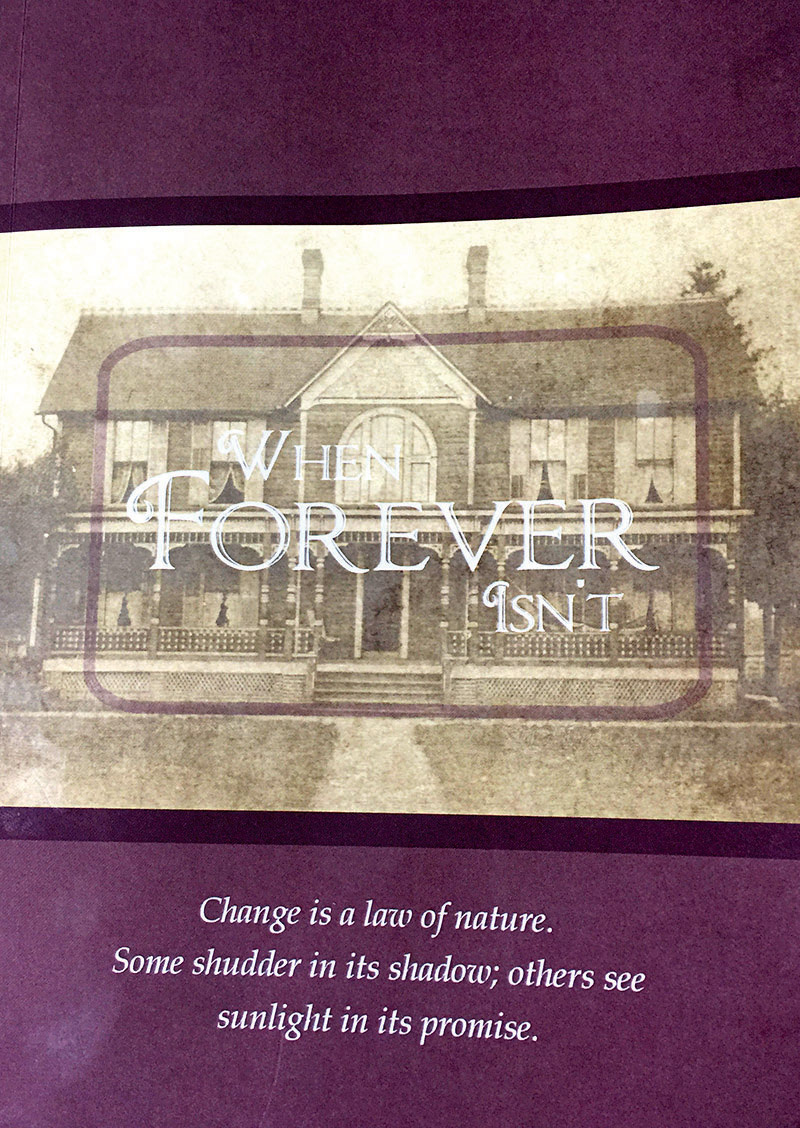You probably know the legend of the lost city of Atlantis, but what about the lost community of Rhea Springs, Tenn.?
It's underwater, too, after all.
As a child, Chattanooga native Suzanne Prigohzy would sit at her grandmother's knee and look at "curled and faded" photographs while listening to stories about the glory days of the Rhea Springs community in Rhea County.
A century ago, the rural community 70 miles north of Chattanooga was home to a popular resort that featured a grand hotel and attracted vacationers from across the South and Midwest. Prigohzy's great-grandparents, the Wassons, once owned the place.
Adding to the romance of her grandmother's stories was the fact that Rhea Springs was, by then, at the bottom of Watts Bar Lake, a casualty of the Tennessee Valley Authority's rural electrification, dam-building spree in the first half of the 20th century.
Before its demise, visitors trekked to Southeast Tennessee to dip in the Rhea Springs resort's health-giving mineral springs and to dine on healthy, home-cooked cuisine that was guaranteed to be "above criticism and complaint."
A hotel's ballroom was kept ventilated in the summer by a large ceiling fan powered by the hired help operating ropes and pulleys in an adjacent room. Front-porch recitations of Shakespeare were common, and there were also concerts featuring visiting musicians.
At the start of the 20th century, the Rhea Springs resort was at the center of a bustling village in a county of 15,000 souls, Prigohzy recalls in her debut book, an historical novel called "When Forever Isn't."
"Rhea Springs was a very thriving place back in its day," she said in an interview. "Over the years, it was called home by lots of people. When it was destroyed, or flooded over [in 1941], there were a lot of people who carried memories of Rhea Springs."
The novel, which is being studied by Rhea County High School students this year because of its rich, historical context, examines the lives of two characters: Blanche Wasson, whose family manages the Rhea Springs resort, and Charlie, a black child pushing back against the hardships of the era.
The two establish a lifelong friendship based on their mutual love for reading. For Blanche reading is a birthright, for Charlie, it's a struggle to learn.
The book focuses on the era between Reconstruction and the world wars of the 20th century when Southern culture was still stratified by race and black children had limited access to education. Prigohzy's research shows that Rhea Springs was known as a "fair-minded, peace-loving place" in the first decades of the 20th century, but there was no escaping the racial divide in the pre-war South.
View other columns by Mark Kennedy
Prigohzy, a retiree who worked for education-oriented nonprofit organizations, said she spent six years doing first-person interviews and examining documents to recreate the "culture and feelings" of Southeast Tenn., circa 1903. Prigohzy said her grandmother, who lived to age 94, provided much of the narrative inspiration for the book and most of the local color.
"I heard these lovely stories of not just the magical Rhea Springs, but also the hardships and challenges she faced," Prigohzy said.
Prigohzy, who lives in Philadelphia with her husband Steve Prigohzy, former head of Chattanooga's Public Education Foundation, will be in Chattanooga this weekend to sign copies of her book. She will appear at the Barnes & Nobles book store at Hamilton Place mall this Saturday starting at 2 p.m. She also will appear Friday at 4 p.m. at the Dayton Public Library in Dayton, Tenn.
For students of Southeast Tennessee history, "When Forever Isn't" is a must read, and probably the definitive remembrance of a little community 75-years lost but not yet forgotten.
Contact Mark Kennedy at mkennedy@timesfreepress.com or 423-757-6645.


